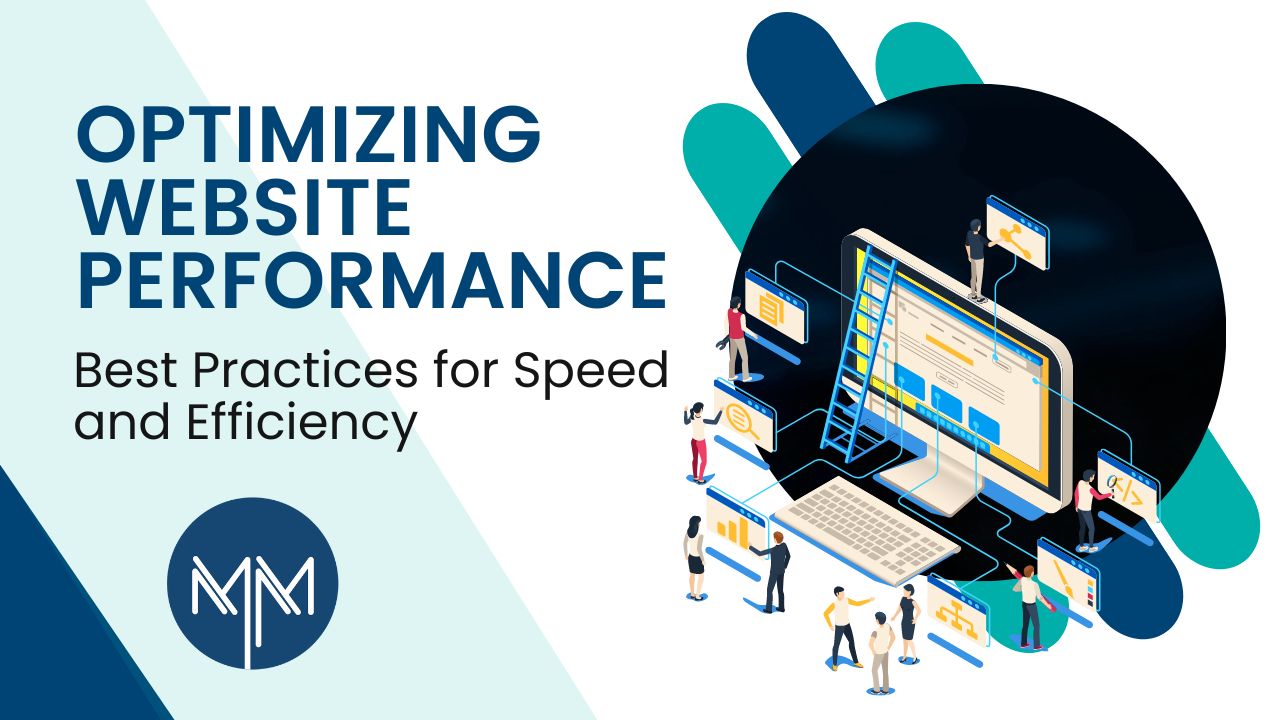Alice's Email Insights
Exploring the world of email communication and technology.
Turbocharge Your Site: Why Slow Websites Are So Last Season
Supercharge your website's speed! Discover why slow sites are outdated and how to boost performance for more traffic and engagement.
The Impact of Website Speed on User Experience: What You Need to Know
In today's digital landscape, website speed plays a crucial role in shaping user experience. Research shows that users expect a page to load in under two seconds, and any delay can lead to increased bounce rates. When a website takes too long to load, not only do users lose patience, but they also become less likely to return. This is particularly vital for businesses, as slow-loading websites can translate into lost revenue. To enhance user satisfaction, website owners must prioritize speed optimization and employ strategies to minimize load times.
Improving website speed can significantly impact various aspects of user experience, including mobile responsiveness and overall accessibility. A fast website ensures smoother interactions, allowing users to navigate through pages effortlessly. Additionally, search engines like Google take speed into account when ranking websites, meaning that a quicker site is likely to achieve better visibility and increase organic traffic. By investing in website speed improvements, businesses can not only enhance user experience but also boost their search engine optimization (SEO) efforts, ultimately leading to higher conversion rates.

5 Proven Strategies to Boost Your Site's Loading Speed
When it comes to improving your website's performance, boosting loading speed is paramount. A slow site can lead to high bounce rates and negatively impact your SEO rankings. Here are five proven strategies to combat sluggish websites.
- Optimize Images: Large images can significantly slow down loading times. Use tools to compress images without losing quality, and consider using modern formats like WebP.
- Minify CSS and JavaScript: Reducing the size of these files by removing unnecessary spaces and comments can lead to faster load times. Tools like UglifyJS and CSSNano can help with this process.
Continuing our journey to boost your site's loading speed, the next strategies are equally effective.
- Leverage Browser Caching: By enabling caching, you allow users' browsers to store certain elements of your site, which speeds up loading on repeat visits.
- Reduce Server Response Time: Ensure your hosting service is reliable and efficient, as a slow server can hinder your loading speed. Consider switching to a faster service if needed.
- Use a Content Delivery Network (CDN): CDNs distribute your site’s content across multiple locations, allowing users to load data from the nearest server, enhancing loading speed.
Why Fast Websites Rank Higher: The SEO Connection
In the digital realm, fast websites have emerged as a critical factor for achieving higher search engine rankings. Search engines like Google prioritize user experience, and page load speed is a significant component of that experience. A swift, responsive site not only keeps visitors engaged but also reduces bounce rates, which indicates to search engines that your content is valuable. In fact, studies show that a one-second delay in page load time can lead to a 7% reduction in conversions, making speed a direct connection to SEO performance.
Moreover, fast websites enhance crawl efficiency for search engine bots. When a site loads quickly, it allows search engine crawlers to access and index content more effectively, which can improve the overall visibility of that webpage in search results. Additionally, factors like mobile optimization and site architecture can significantly impact loading times, further linking website speed to better SEO outcomes. By investing in site speed enhancements, webmasters can cultivate a user-friendly environment that not only attracts but also retains visitors, ultimately boosting their site's rankings.